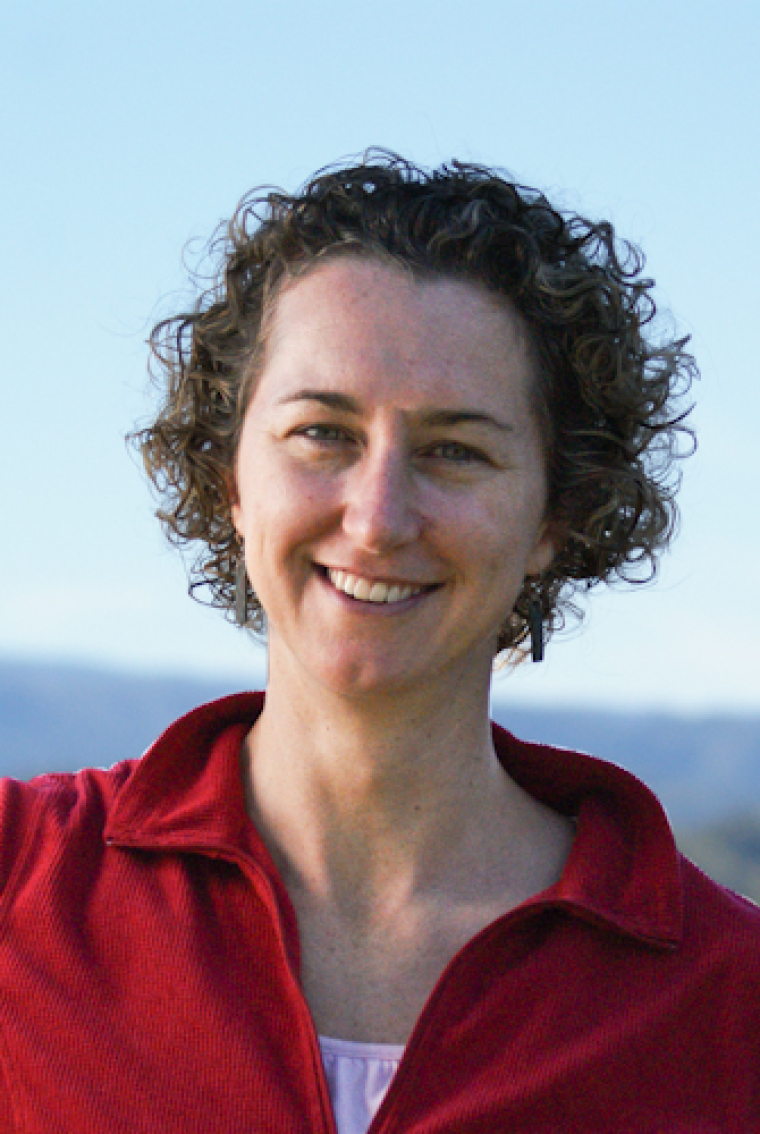
The parents amongst us teach our children about the important concept of forgiveness; to ask for it when you have done something wrong and to offer it to others who have done the wrong thing by you. Despite having a theoretical understanding of this important concept, how good are we at the actual delivery of it?
I was prompted to think of the concept of forgiveness when I heard on the news recently that Schapelle Corby, an Australian serving time in a Thai prison on a 20 year sentence after being found with 4.1kg of marijuana in her possession when she arrived in the country back in 2004, had her conviction cut by 5 years. It is well documented in Australian media that Schapelle has been struggling mentally as she copes to serve out her sentence.
The latest cut in sentence is understood to be in response to a reciprocal arrangement with the Australian government in relation to the release of some young Indonesian's who were returned to their native country after being held on an accusation of crewing asylum seeker boats to Australia.
It is my belief that the decision to cut Schapelle's sentence has no element of forgiveness involved, but is instead based on a deal (perhaps even unsaid); you help me out and I'll help you out. This prompted me to think, what role does forgiveness play in our society in relation to convicted criminals?
This is a tough question to know how to answer.
Jesus tells us in the bible in Colossians 3:13, "Bear with each other and forgive one another if any of you has a grievance against someone. Forgive as the Lord forgave you." There were many criminals, cheaters, liars, and sinners who Jesus forgave in the Bible. He taught us through his actions and his words that forgiveness should be extended to everyone.
As I reflect on this question I am reminded of the stories of victims of terrible crimes who publically make known their choice to forgive the person who enacted the crime against them.
Linda White is one such person. In 2011 Linda published an article online in The Washington Post, one month after the person convicted of killing her daughter 23 years earlier was released. Linda wrote in her article about her ability to be grateful for the remorse her daughter's killer showed when she met him and she acknowledged that her forgiveness and her response was only possible because of the grace of God.
Forgiveness, on any scale, can be challenging, which makes the example that Linda White sets even more inspiring for me personally. I hope you also find it inspiring!
Merewyn Foran is married and an area director of a corporate welfare services group in Melbourne.
Merewyn Foran's archive of articles may be viewed at www.pressserviceinternational.org/merewyn-foran.html